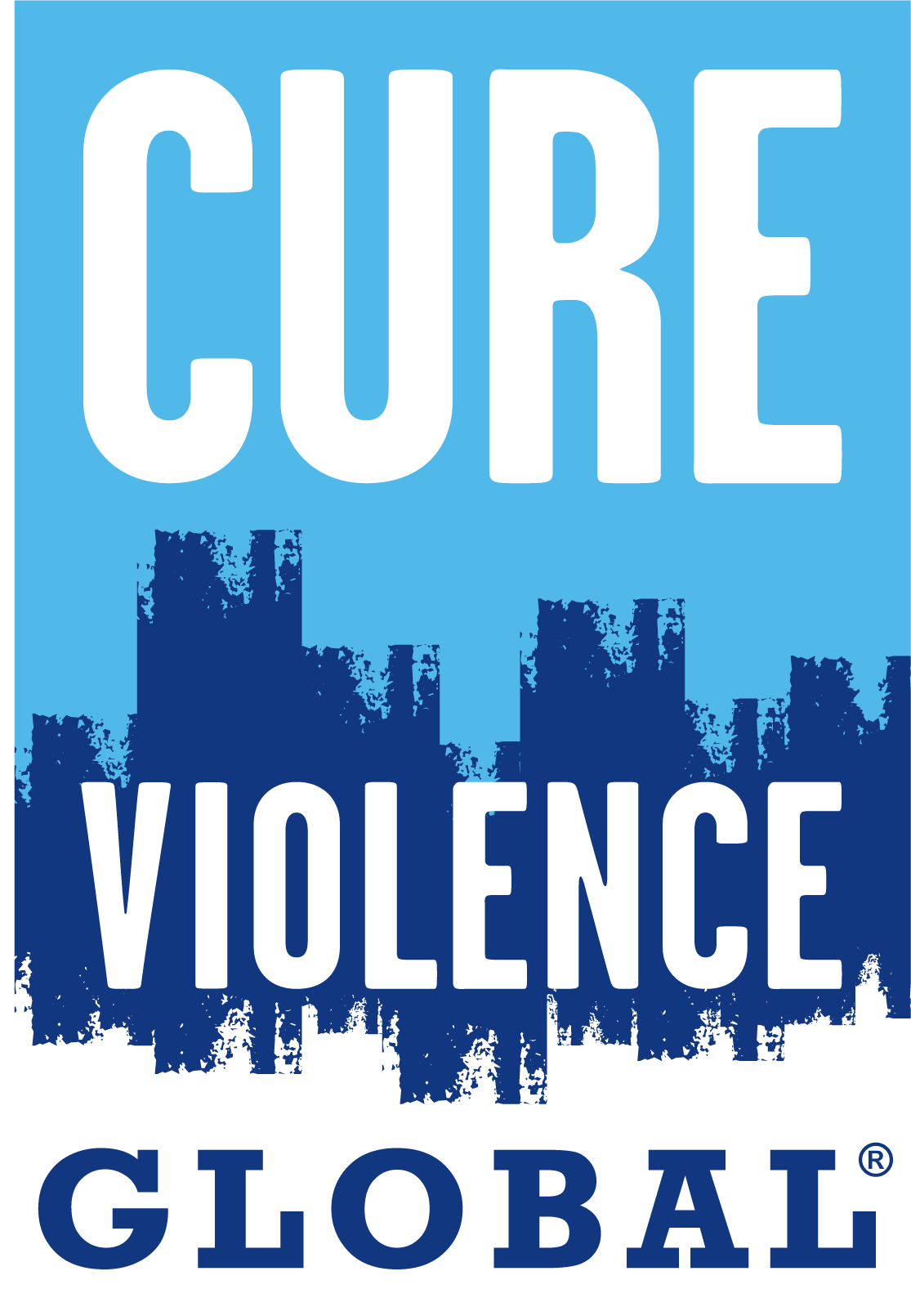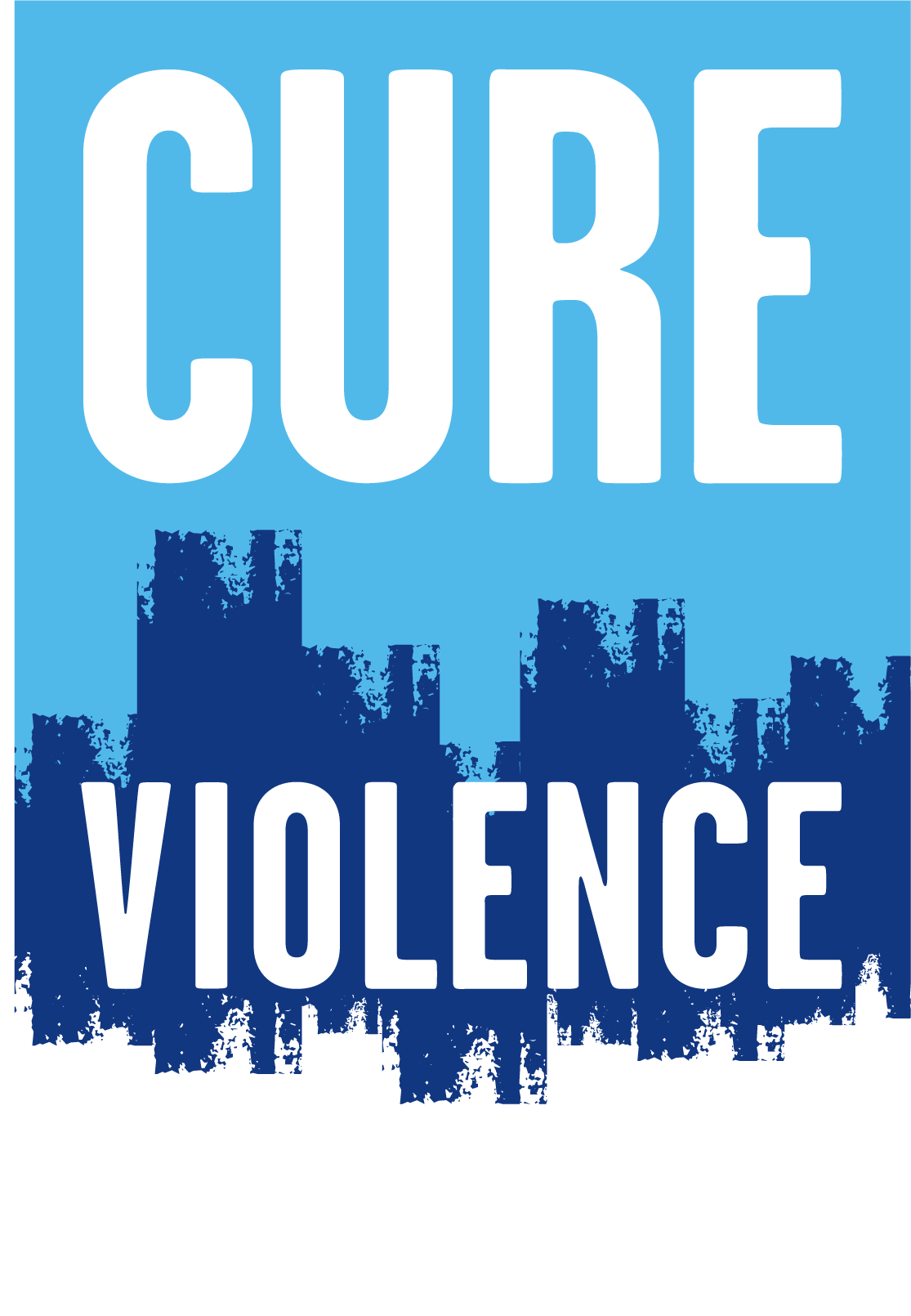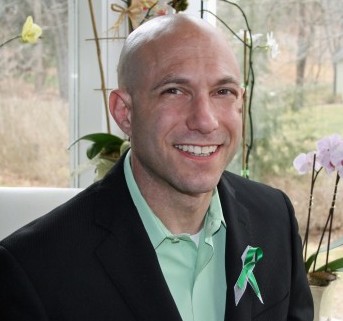“Jeremy, I’m so sorry for your loss. It’s devastating. I can’t imagine what it feels like to have lost a child and in such a tragic way. I don’t know what to say, but I’m here.” I said this after our umpteenth call after I finally got the courage to say something regarding the loss of his daughter, Avielle. I was scared it’d come across as pithy or self serving as Jeremy was a key partner. I fell right into it, not knowing the tagline for Avielle Foundation where Dr. Jeremy Richman was the CEO and Co-Founder. “Actually, Shannon, you can imagine. And it’s important that you do so we can work together to prevent this from ever happening again,” Jeremy said. He and I talked at least weekly for well over a year to launch the Movement towards Violence as a Health Issue, which works to address all forms of violence, including mass shootings, suicide, community violence and more. He focused on the affects of trauma on the brain and made sure that the neurological impacts on behavior remained a focus. He helped bring the issue in front of Congress and he was constantly called on to respond when our nation faced yet another tragedy.
Healing is not linear and not ever complete. It is a process that must be done in community and using health approaches as Jeremy advocated for – he was a huge champion in this space and was a champion for equity as he knew that disproportionately communities of color and other oppressed groups including the LGBTQ community are affected. As are people who have been exposed to trauma, like Jeremy had. He, like many others in America had faced a trauma that left him at risk for future exposure or re-traumatization. His suicide coming on the heels of the tragic loss of two Parkland students, Sydney Aiello and another student whom authorities haven’t identified, is heartbreaking in so many ways. This is a wake up call if we aren’t already awake to the issue that we need to work together to address the issues of violence as the urgent crisis that it is. We must work to see the signs in individuals while simultaneously working to address the systems that must bring agencies and leaders alike together to collaborate with those most impacted at the center of the work.
We at Cure Violence and as leaders in the Movement towards Violence as a Health Issue are saddened by this news and want to honor Dr. Richman’s life by continuing this work. We urge Congress, states, cities and leaders to do the same. It is time we treat suicide and all violence as a health issue and invest in the health approaches that have proven to save lives.
From CNN and our partners: If you or someone you know might be at risk of suicide, here’s how to get help: In the US, call the National Suicide Prevention Lifeline at 1-800-273-8255. The International Association for Suicide Prevention and Befrienders Worldwide also can provide contact information for crisis centers around the world. You can also text TALK to 741741 or visit SpeakingOfSuicide.com/resources or visit the Suicide Prevention Resource Center for additional resources. For more information on the Movement towards Violence as a Health Issue click here.


